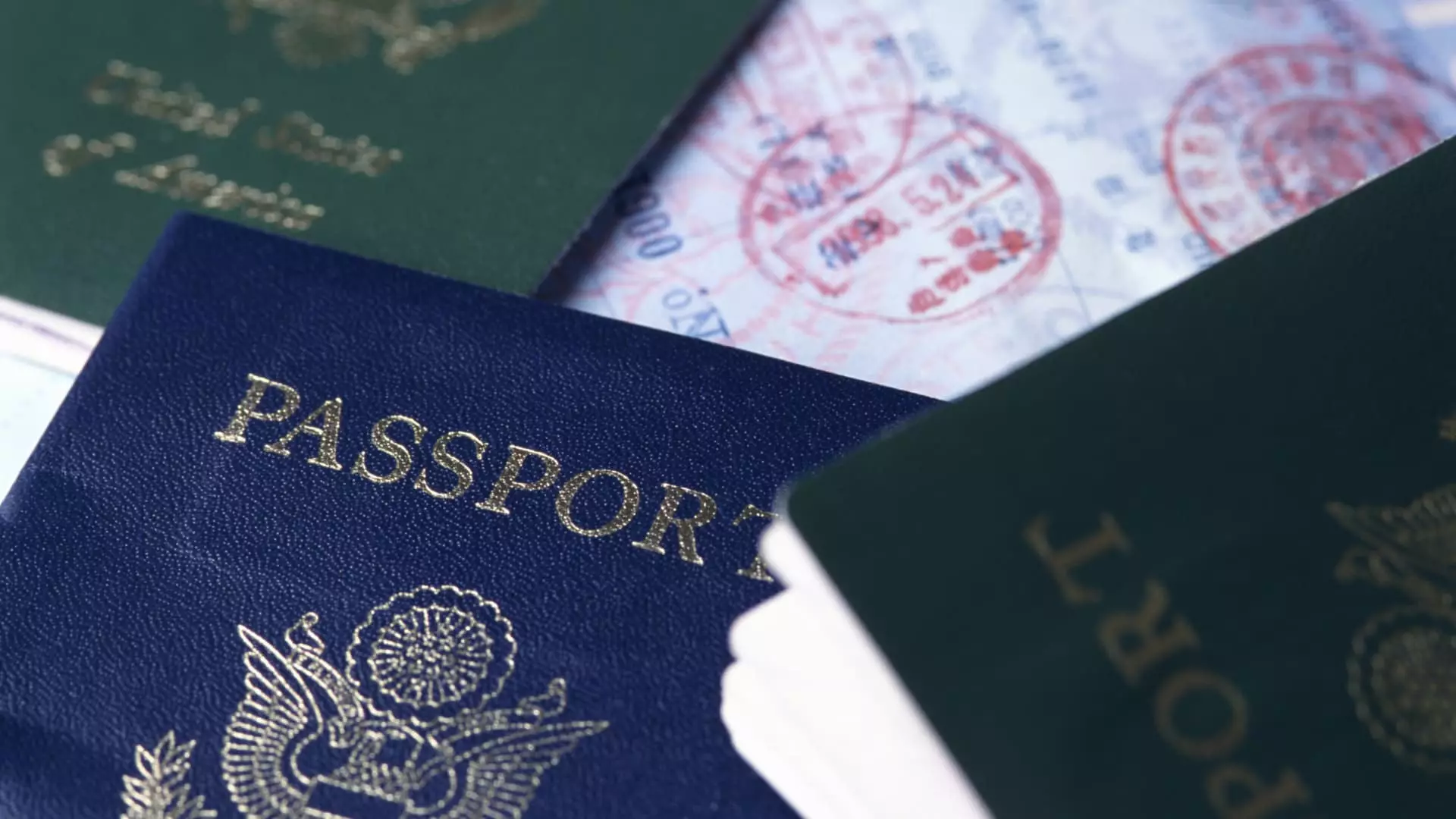In an era defined by rapid international movement and interconnected economies, possessing a powerful passport is more than just a form of identification—it’s an emblem of geopolitical stability, economic strength, and global mobility. Singapore’s continued dominance at the top of the Henley Passport Index underscores the nation’s strategic diplomatic relations and open stance on international travel. This accolade isn’t merely a matter of prestige; it signifies Singapore’s commitment to fostering seamless global connectivity for its citizens, enabling them to explore the world with relative ease. Yet, beneath this celebratory surface lies a broader commentary on the shifting landscape of global influence, the changing paradigms of mobility, and the evolving concepts of sovereignty.
As countries vie for greater mobility and influence, the composition of top-ranking passports often mirrors shifting geopolitical alliances, economic resilience, and diplomatic engagement. Singapore’s rise to the pinnacle reaffirms its status as an economic powerhouse with innovative policies and pragmatic foreign relations. It reflects a strategic positioning that prioritizes openness and mobility, which in turn fuels its continual economic growth and global relevance. Such rankings serve as a mirror to global power dynamics, revealing which nations have established strong international agreements and maintain diplomatic goodwill.
The Decline of Traditional Powerhouses and Rising New Stars
Interestingly, the latest rankings highlight a subtle but notable decline of traditional Western powers such as the United States and the United Kingdom. The U.S. passport slipping to 10th place and the UK dropping to sixth suggests a waning influence in global mobility terms, possibly due to evolving geopolitical tensions, visa restrictions, or shifting alliances. This downward trajectory challenges the long-held perception of these nations as dominant players on the global stage. In contrast, Asian economies like Singapore, Japan, and South Korea have solidified their positions, embodying a new wave of influence rooted in economic resilience and diplomatic agility.
The rise of countries like the United Arab Emirates and China is particularly striking. While the UAE’s leap into the top 10 exemplifies deliberate diplomatic efforts and economic diversification, China’s ascent demonstrates a strategic effort to expand global reach despite certain restrictions, such as travel bans within the Schengen Area. These shifts highlight the multipolar nature of global influence today, where economic heft and diplomatic savvy often outweigh traditional notions of superpower dominance.
Implications for Global Citizens and Future Trends
For global travelers and expatriates, these rankings are more than just numbers; they represent real opportunities and constraints. Citizens of Singapore can traverse nearly 200 countries without visas—an astonishing feat that facilitates business, tourism, and cultural exchange. Conversely, citizens of countries languishing at the bottom of the index face substantial mobility restrictions, often affecting their economic prospects and personal freedoms.
From a policy perspective, nations are increasingly aware that passport strength impacts international standing, attractivity for foreign investment, and citizen satisfaction. As countries like India and the UAE improve their rankings—a trend fueled by diplomatic efforts and strategic partnerships—they signal their intentions to be more integrated into the global fabric. Meanwhile, the decline of certain European and American passports prompts questions about future policy shifts and the importance of diplomatic engagement in maintaining mobility privileges.
In the broader scope, these developments portend a future where travel freedom becomes a vital measure of national success. Countries that streamline visa policies, foster diplomatic goodwill, and adapt swiftly to global dynamics will likely see their passport strength rise. Conversely, nations slow to evolve may find themselves increasingly marginalized in the realm of global mobility. Singapore’s continued supremacy is, thus, both a testament to its strategic diplomacy and a sobering reminder of the importance of agility in an interconnected world vying for influence.
Ultimately, passport rankings are more than mere statistics—they are a mirror of a nation’s global positioning, economic health, and diplomatic finesse. As the world continues to shift and reshape, one thing remains clear: mobility is power, and those who control it will shape the future.


Leave a Reply